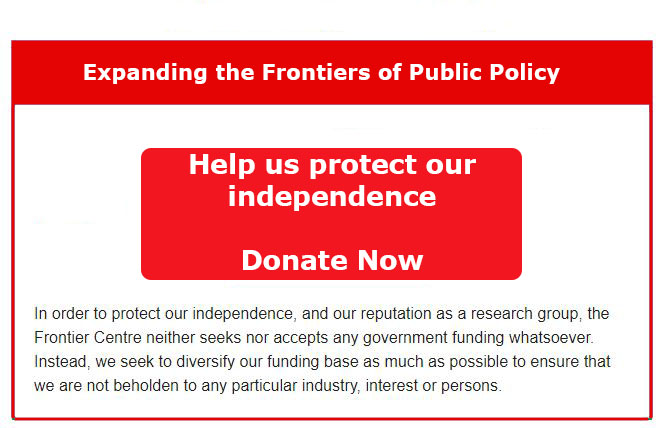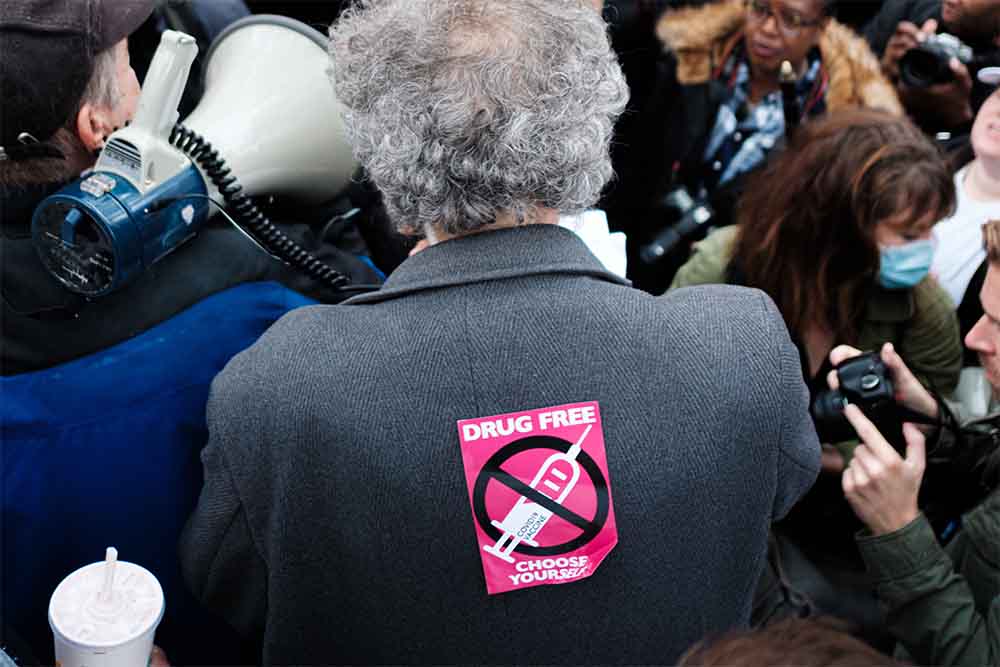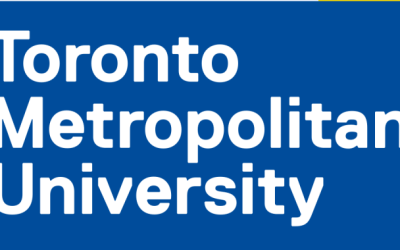British Prime Minister Boris Johnson revealed in May that he would establish an agreement on creating a universal vaccine passport system with the G7 countries —including Canada. He told CBC News that nations require “agreements” on “COVID status certification and the rest.”
Specifically, Johnson was referring to how travel and passports will work as the world leaves lockdown, signalling his belief that restrictions should be implemented on travel for those who refuse to take the COVID-19 vaccine. It’s just one more example of the Conservative British PM, famous for his traditionally liberal values, adopting an authoritarian approach to COVID.
It also forms part of a wider, disturbing trend of pressuring people already hesitant to take the COVID-19 vaccine to set aside their concerns no matter what.
While some vaccines are already required for international travel, there is no other example of a vaccine that is required for individual citizens to travel domestically, interact with businesses and pay for products or access services required to live a normal 21st century life.
Not only do vaccine passports pose a number of extremely serious ethical questions, but they may also be entirely unnecessary. The truth is that the majority of people want the vaccine and are willing to take it. In the United Kingdom, out of a population of 66 million, some 39 million had already received the first dose of the vaccine by the end of May, with plans in place to offer the vaccine to people of all age groups by the end of July. 
In Canada, over 50 per cent of the population had received at least one dose of the vaccine by the end of May, with results from a Canadian Community Health survey taken between September and December 2020 revealing that 76.9 per cent of Canadians were somewhat or very willing to take the vaccine.
The idea that a full reopening of national economies is put at risk by a significant enough number of people who don’t want the vaccine is simply wrong—and at this stage, it seems as though Western governments are more bothered about making people comply than they are about opening their economies fully. It begs the question of whether this is some kind of power trip or a misguided sense of duty to protect people.
This isn’t your typical anti-vax argument. On no occasion is it ever right for the government to tell a person what to do with their body, but even the pressing matter of stemming the rate of infection and protecting people is an entirely different conversation now, given that huge portions of the population have either already been infected with the virus or received at least the first dose of the vaccine.
In the same way that United States President Joe Biden insisted that the White House was not working on a COVID vaccination program, but did not rule out allowing private industry to adopt a similar system, the British and Canadian governments may adopt a system that doesn’t force individuals to take the vaccine but makes life so difficult that they soon reconsider it.
The Canadian prime minister already indicated in May that Canada would align with international allies on vaccine passports, indicating that an agreement at the G7 is all but a done deal.
No matter what argument is put forward on the issue of individual rights and civil liberties, the very nature of vaccination passports indicates that the rights of a minority of people to access services, make purchases and even to travel will be restricted or removed entirely unless they comply.
The message that “you don’t have to get it, but we protect the rights of businesses to deny sale or service to people who don’t” doesn’t fly. Civil rights movements fought against precisely this kind of discrimination.
When faced with the possibility of being unable to live a normal life without taking the vaccine, being unvaccinated is not truly a choice.
Take the news that a concert in St. Petersburg, Florida will charge $18 for vaccinated attendees and $999.99 for the unvaccinated and ask yourself how the government would react if those price discrepancies were applied according to other characteristics like religion or race.
The vaccination efforts in both the United Kingdom and Canada are hugely impressive and have already laid the groundwork for a safer reopening of national economies and achieving herd immunity.
Ending lockdowns before vaccines were available is a very different story than lifting restrictions now that a majority of people have at least been offered the first dose of the vaccine. Over a year since the pandemic began, now would be the time for our governments to allow people to make their own decisions about their health.
But unless a G7 leader is willing to stand up to these vaccine passport plans, it’s likely that before the end of the year our leaders will establish a new Untermensch of unvaccinated citizens unable to live their lives like everybody else.
Jack Buckby is a research associate at the Frontier Centre for Public Policy.
Photo by Ehimetalor Akhere Unuabona on Unsplash.



